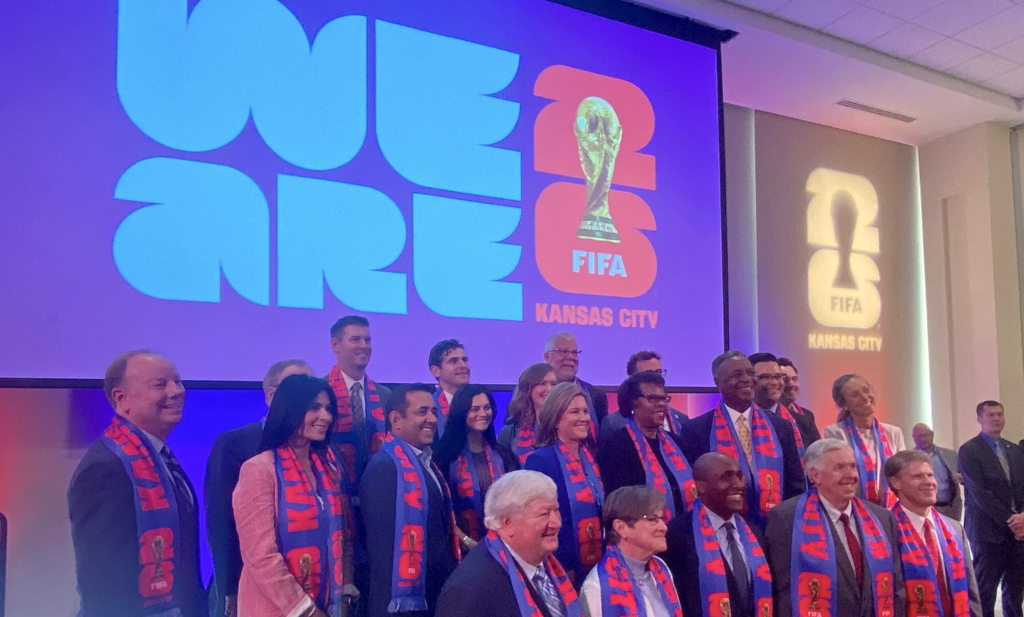Bet on Black
Moviegoing sports fans have had ample opportunity in recent years to pick and choose their favorite miracle — Shoeless Joe Jackson emerging from the tall corn, Rudy suiting up for Notre Dame, Rocky going the distance with Apollo Creed, the U.S. hockey team taking down the Russkies.
Now comes Glory Road, the story (more or less) of the 1965-66 Texas Western basketball team, underdogs who went 28-1 and won the NCAA national championship with a shocking victory over top-ranked Kentucky. As upsets go, neither the small-town hoopsters of Hoosiers nor the pint-sized sluggers of The Bad News Bears have anything on Texas Western. An impoverished little mining school in dusty El Paso, it was not the kind of place that inspired song or legend. But coach Don Haskins, played here by Stealth‘s Josh Lucas (a late replacement for Ben Affleck), was a visionary: He recruited talented black players at a time when a lot of brand-name schools (especially in the South) remained unwilling; in the final tournament game of 1966, he revolutionized an entire sport by putting five black starters on the floor against the legendary Adolph Rupp’s all-white Kentucky squad, a team that included Louie Dampier and future NBA coach Pat Riley.
Haskins’ move was not only radical but also brilliant: Texas Western ran the Wildcats out of the gym. Even the people waving Confederate flags got the message. Looking for irony? The next year, Texas Western changed its name to the University of Texas, El Paso — largely because people around the country had gotten the mistaken idea that Texas Western was a predominantly black school.
As American history, Glory Road is by turns inspirational and thrilling. But, in keeping with Hollywood’s gift for exaggeration, some of it is bogus. We see the team’s entire season, ups and downs, in 90 minutes. When a black Texas Western player is brutally mugged in the men’s room of a diner, when administration officials and alumni whine about the number of black players on the roster, when the Miners’ motel rooms are trashed and tagged with Ku Klux Klan slogans, we are reminded just how unenlightened the country still was in the mid-’60s. When Bobby Joe Hill (Derek Luke), David Lattin (Schin A.S. Kerr), and their teammates take the floor against the glowering Rupp (Jon Voight) and his charges, we feel a surge of pride — even those of us who are not black. Rookie director James Gartner gives us the happy sense that the world — not just college basketball — is changing for the better, and that all of us are about to get a little piece of that.
Don Haskins hastened the desegregation of college sports, but Glory Road could have done with a little more real-life Haskins and a little less manufactured sainthood. One omission has stirred Haskins himself to publicly complain: As a boy, he played one-on-one basketball with his friend Herman Carr, who is black. Why does the film ignore such a telling detail? Your guess is as good as Haskins’.




